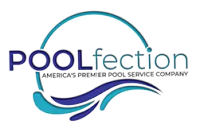Serving Pasco County, Spring Hill Area, New Tampa, and Surrounding areas | 1-833-519-POOL (7665)

Quality Care For Your
Backyard Oasis
Let the pool maintenance experts
handle your home oasis from A-Z
At Poolfection, we know your residential pool is a treasured backyard escape for you and your family. Our residential services are designed to maintain your pool's beauty and safety without hassle. We provide customized weekly or monthly cleanings using eco-friendly chemicals to keep water pristine. Our technicians also open and close pools seasonally and provide incidental service like pump repairs. Contact us today to learn more about our full residential packages!
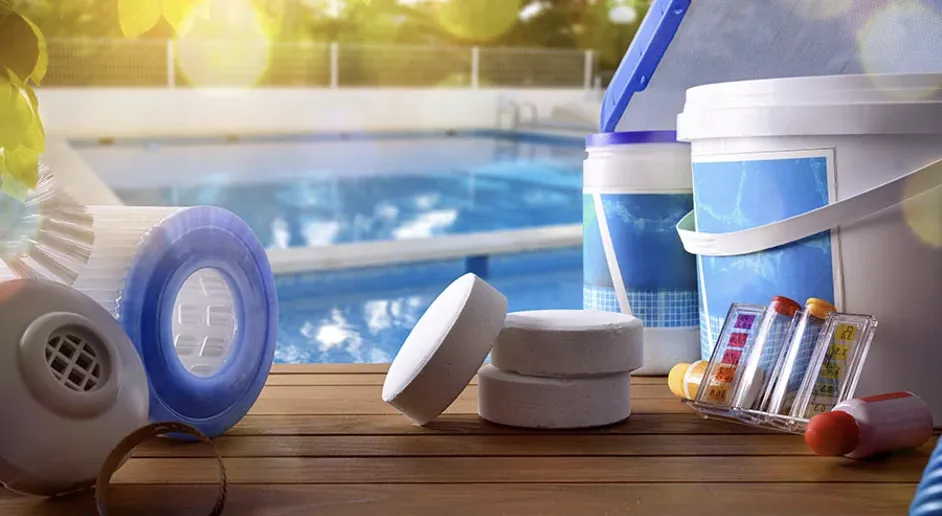
What Is CYA and Why Is It Important?
Maintaining the picture-perfect, crystal-clear waters of your pool involves more than just routine cleaning. It's a behind-the-scenes chemical symphony where one unsung hero - Cyanuric Acid or CyA - plays a starring role.
Understanding its significance could be the game-changer in your pool management strategy, setting you apart in the competitive landscape of pool owners. This article will delve into the basics of CyA, its role in keeping your pool sparkling clean and healthy, and how you can ensure it stays at optimal levels.
We'll also cover why it's so important for you to stay vigilant about your pool's CyA levels and provide a few tips on measuring the concentration of this essential chemical. Read on to discover all you need to know about CyA!
How Cyanuric Acid Works In Your Pool
Cyanuric Acid (CyA) is a vital component for maintaining the cleanliness and hygiene of outdoor pools, particularly under the scorching sun. However, it is not as crucial for indoor pools where exposure to UV rays is limited. In addition to outdoor pools, CyA is also recommended for saltwater pools due to its stabilizing effects.
When the sun's powerful UV rays penetrate the water, they can rapidly degrade the chlorine content within a matter of hours. This is where CyA comes into play, acting as a protective shield for your pool.
Think of it as sunscreen for your pool, safeguarding the chlorine molecules from the harmful effects of UV rays. Encapsulating the chlorine within the CyA molecule prevents degradation and ensures a stable and consistent chlorine level in the water, thus preventing any unnecessary loss.
Importance of Cyanuric Acid (CyA) in Pool Maintenance
Stabilizing Chlorine Levels
Chlorine is a vital component in pool water, responsible for killing harmful bacteria and other pathogens. However, chlorine is highly susceptible to UV radiation, which can cause it to dissipate rapidly. This protection means that pool owners do not have to add more chlorine to the pool constantly.
Extending the Life of Chlorine
Chlorine plays a vital role in sanitizing your pool, so it's not ideal for it to get essentially burnt out on sunny days. Without cyanuric acid, you'd need up to 8 times more chlorine to maintain the right levels.
Consider cyanuric acid as a floating shield for your pool. Chlorine clings to it, creating a protective barrier. While chlorine is bound to CyA, it won't effectively sanitize the pool, but it can separate and cleanse when necessary, all thanks to its fragile bond. This dynamic duo ensures your pool stays clean and safe, providing the ultimate swimming experience.
To get a better grasp of CyA (Cyanuric Acid), let's dive into the different types of chlorine commonly used for pool sanitation:
● Combined chlorine: This is used chlorine that has already done its job of eliminating bacteria or algae in the water.
● Total chlorine: It's the sum of combined and free chlorine, giving you an overall picture of the chlorine content.
● Free chlorine: Think of it as freshly added chlorine that actively keeps your pool sanitized.
CyA helps in maintaining the right balance of free and combined chlorine. When used optimally, it provides the perfect environment for your pool's chlorine levels to stay stable, so you don't need to use more than necessary.
The Risks of High CyA Levels
While CyA is beneficial, it's important to maintain proper levels. High cyanuric acid levels can damage your pool liner, contribute to false water chemistry readings, and reduce your chlorine's sanitization ability. Therefore, it's essential to monitor and manage your CyA levels effectively.
Keep reading to learn how to keep your Cyanuric Acid levels in check.
How To Measure and Manage Cyanuric Acid Levels
Keeping the right levels of Cyanuric Acid (CyA) in your pool is super important for proper pool maintenance. Check out this easy step-by-step guide on how to achieve and maintain the perfect CyA levels:
Test the Water
Testing the water is the first and most crucial step in maintaining the correct Cyanuric Acid (CyA) levels in your pool. This step involves checking the current CyA levels to ensure they are within the ideal range.
To test your pool water for CyA, you will need a reliable pool testing kit. These kits typically contain reagents that react with the chemicals in your pool water to indicate their concentration levels.
Collect a Water Sample: Using a clean container, collect a sample of your pool water from about 12-18 inches below the surface.
Add the Reagent: Add the reagent or test tablet provided with your kit to the water sample. Follow the instructions provided with your kit for the correct amount.
Read the Results: After adding the reagent, shake the mixture and wait for the color change. Compare the resulting color with the provided chart to determine the CyA level.
The ideal CyA level for most pools is between 30 to 50 parts per million (ppm). If your CyA level is below this range, it means your chlorine could be dissipating too quickly. On the other hand, if your CyA level is above this range, your chlorine might be less effective at sanitizing the pool.
Add CyA If Necessary
If the Cyanuric Acid (CyA) levels are low, you can add CyA to bring it back in line with the ideal range. It's important to note that most pool owners should only need to do this once a year.
When adding Cyanuric Acid, make sure you use a stabilizer specifically designed for pools since some chemicals used in other industries can be toxic to the environment.
Measure and Calculate: To calculate how much CyA you should add, use this formula: Volume (in gallons) x Desired Increase / 30 = Oz of Stabilizer Needed.
Add the Stabilizer: Evenly distribute the stabilizer around your pool, making sure it doesn't settle on any surfaces.
Wait and Test: You will need to wait a few hours for the stabilizer to disperse throughout the pool before you can test your CyA levels again.
Note: Always follow the manufacturer's instructions for dosage and application.
Lowering Cyanuric Acid Levels
If your Cyanuric Acid (CYA) levels are above the ideal range, you'll need to reduce them. High CyA levels occur when there is an excessive stabilizer in the pool water. This could be due to the overuse of stabilized chlorine products or adding too much CyA to the pool. High CyA levels can cause what is known as a 'chlorine lock' or 'chlorine block,' where the chlorine in your pool is present but not effective.
The most effective way to lower CyA levels is by diluting your pool water with fresh water. Here's how you can do this:
Partially Drain Your Pool: Drain about one-third to one-half of the water from your pool. Be sure to follow local regulations and guidelines when draining pool water.
Refill with Fresh Water: Refill the pool with fresh water. This will help dilute the remaining CyA in the pool.
Re-test Your Pool Water: After refilling, allow the water to circulate for a day or two, then re-test your pool water to determine the new CyA level. You may need to repeat the process if the level is still high.
Adjust Chlorine Levels: After achieving the right CyA level, ensure to adjust your chlorine level accordingly to maintain the proper sanitation of your pool.
Regular Monitoring
Monitor your pool's CyA level regularly, especially after heavy rainfall or adding fresh water, both of which can dilute CyA concentration. With the right knowledge, you can now manage your pool's CyA levels with ease and enjoy a clean and safe swimming experience.
Guidelines and Boundaries for Optimal CyA Levels From Government
Government regulations and limits regarding Cyanuric Acid (CYA) levels in swimming pools vary between different regions and countries, but the overall consensus is that maintaining appropriate CyA levels is crucial for pool health and safety.
In the United States, the Centers for Disease Control and Prevention (CDC) has set a CyA limit for public swimming pools at just 15 ppm. This is because while CyA protects chlorine from sunlight, ensuring disinfection takes precedence. The CDC further recommends keeping your pool pH at 7.2–7.8 and a free chlorine concentration of at least 1 ppm in pools and at least 3 ppm in hot tubs/spas.
However, some states have their own guidelines. For instance, the Administrative Rules of Montana set the maximum CyA level at 50 ppm. Similarly, Michigan regulations mandate that the cyanuric acid level of the swimming pool water should not exceed 80 milligrams per liter.
The Model Aquatic Health Code (MAHC) committee has recommended a new approach to CyA levels, suggesting they should be determined by calculating the ratio of CyA to free chlorine. This approach emphasizes the importance of balancing CyA with chlorine levels to ensure optimal pool sanitation.
Give Your Pool a Healthy Start
Maintaining optimal CyA levels is key to chlorine performance and keeping safety risks at bay. Don't let high levels of Cyanuric Acid dampen the fun!
Remember, too much CyA can irritate your skin and eyes. If you feel the discomfort, dive into getting your pool water tested ASAP!
Before taking the plunge, consult with a qualified local pro[INSERT YOUR CONTACT PAGE LINK HERE] to make sure your pool environment is in perfect harmony.
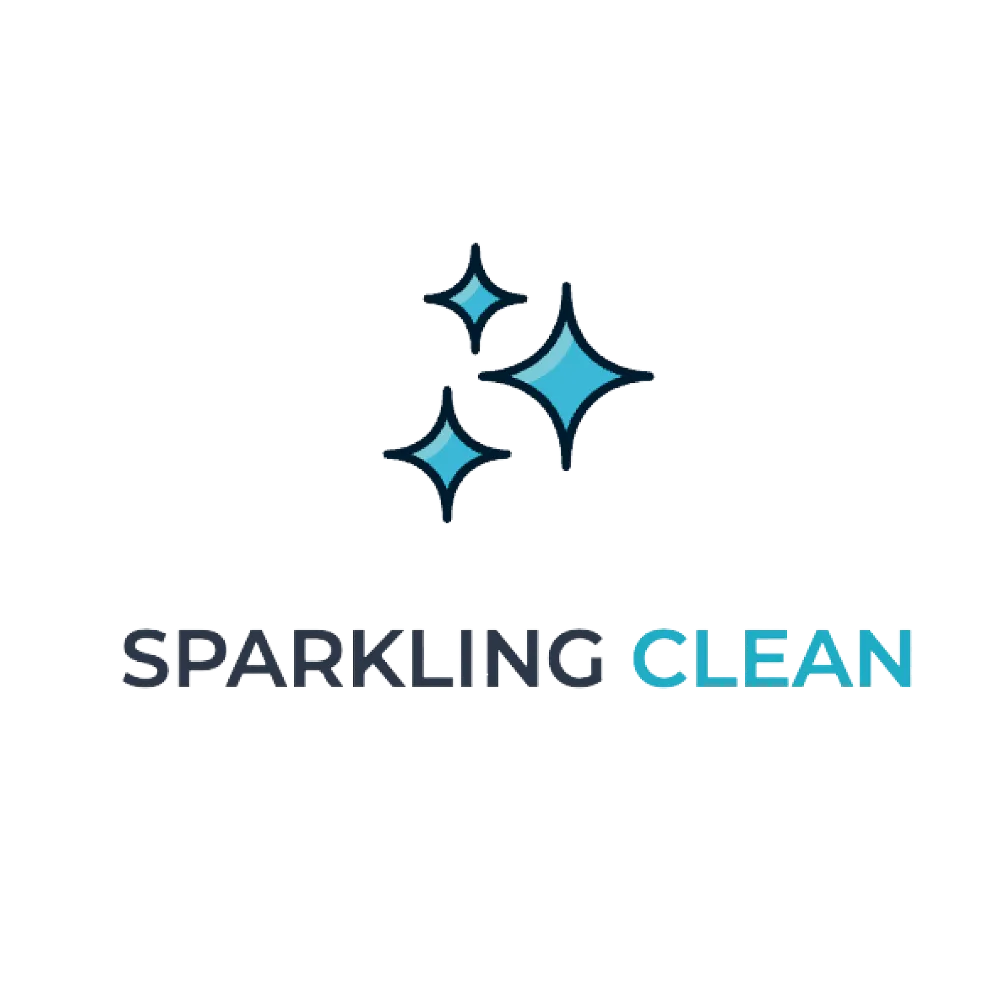
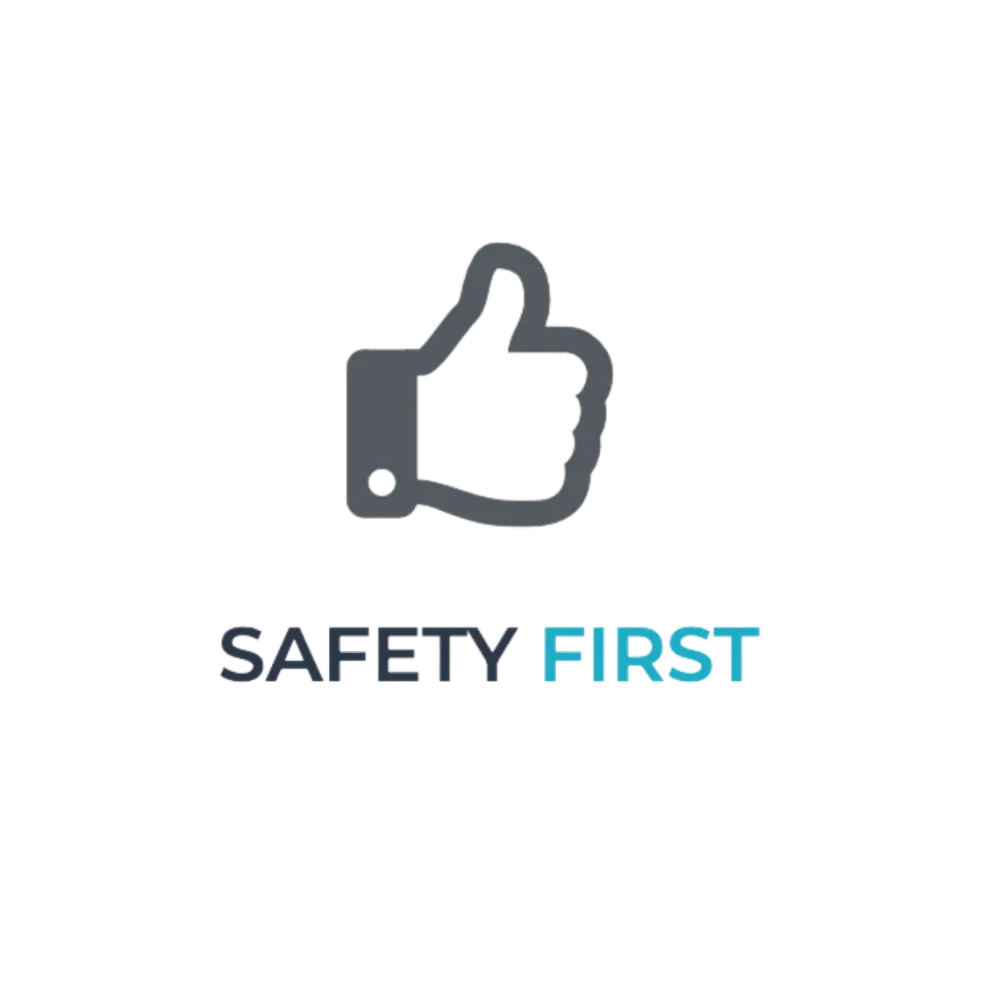
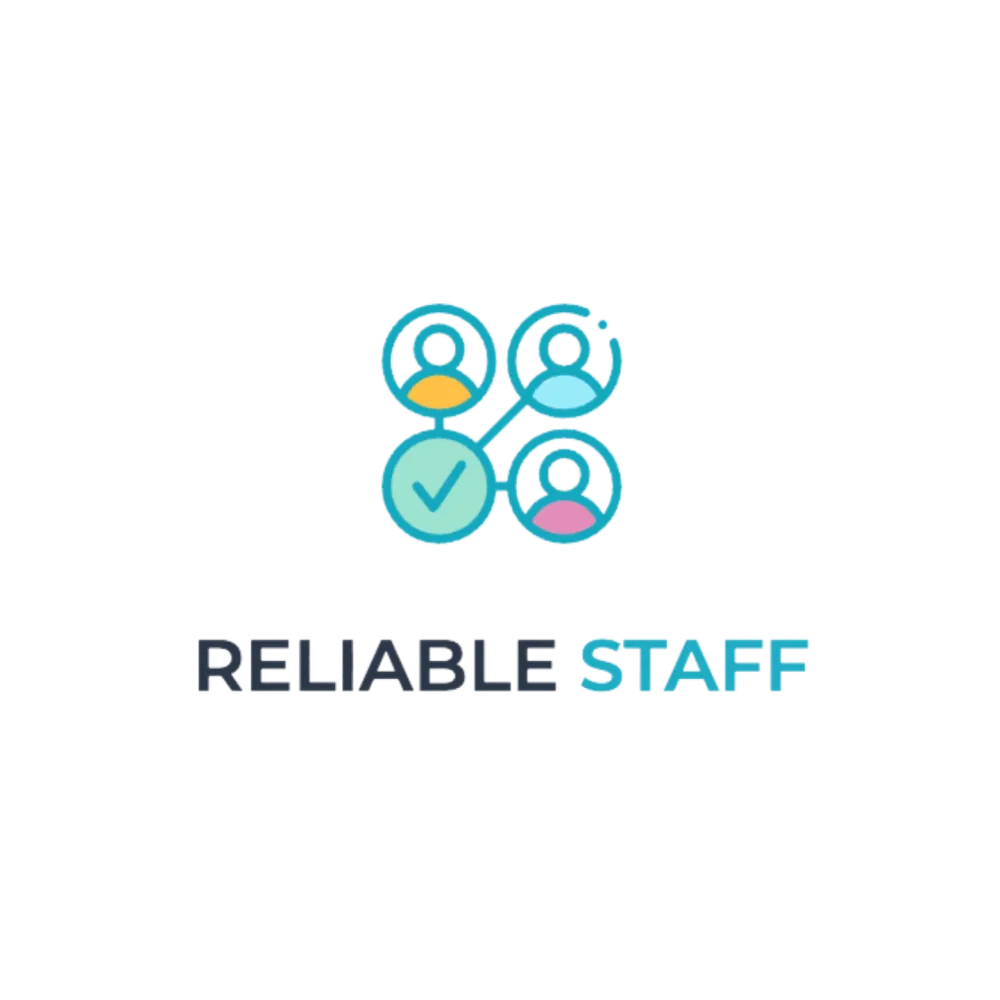
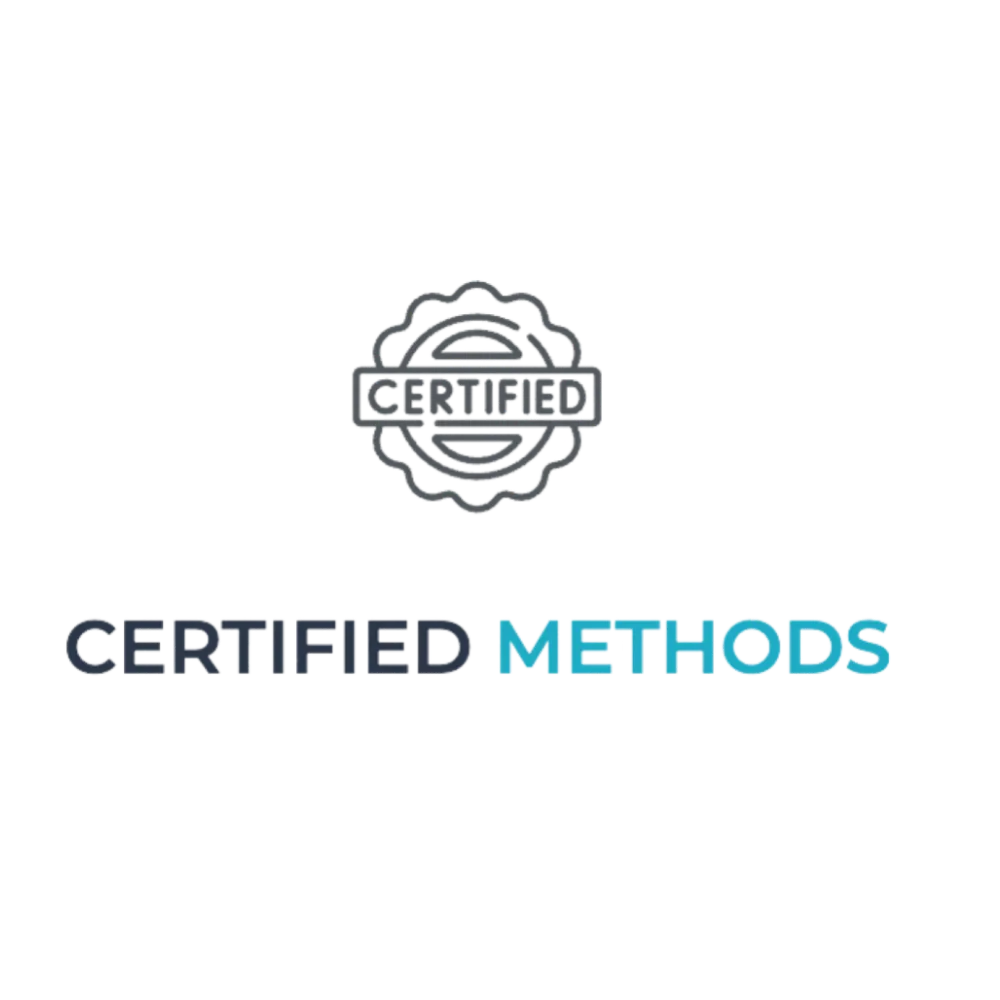
The Pool Cleaning Pros with the Sparkling Reputation.
We take pride in providing refreshing service that leaves a lasting impression.

Lynn Freeborn Davis

They did an awesome job!! Very professional and responsive. They arrived on time, explained everything to me and had my pool sparkling before and hour was even up!! I highly recommend them.

Jessica Lynn

My old pool company left me with a green pool with black algae when paying for weekly service. I contacted poolfection for a quote to fix. Jason and Nick were absolutely amazing. Nick promptly came out addressed all the issues with the pool and immediately had an action plan. Within two days my pool was cleaner then ever. Nicks communication is the best. I can not thank this company enough for fixing my pool. They really put pride into their work. If you’re looking for a new pool service don’t hesitate to hire them you won’t be disappointed.

Rachael Garneau

Nick Fifield is amazingly professional and so, so knowledgable! He immediately figured out the problem with my pool after I'd try resolving it on my own for months. He completely changed our pool, and now we LOVE swimming in it! I am never trying to take care of things on my own again. He's friendly and reasonably priced- I completely recommend POOLfection to take care of your pool for you!

Jonathan Torres

They did a great job for me! Got them coming weekly now. Thanks again !
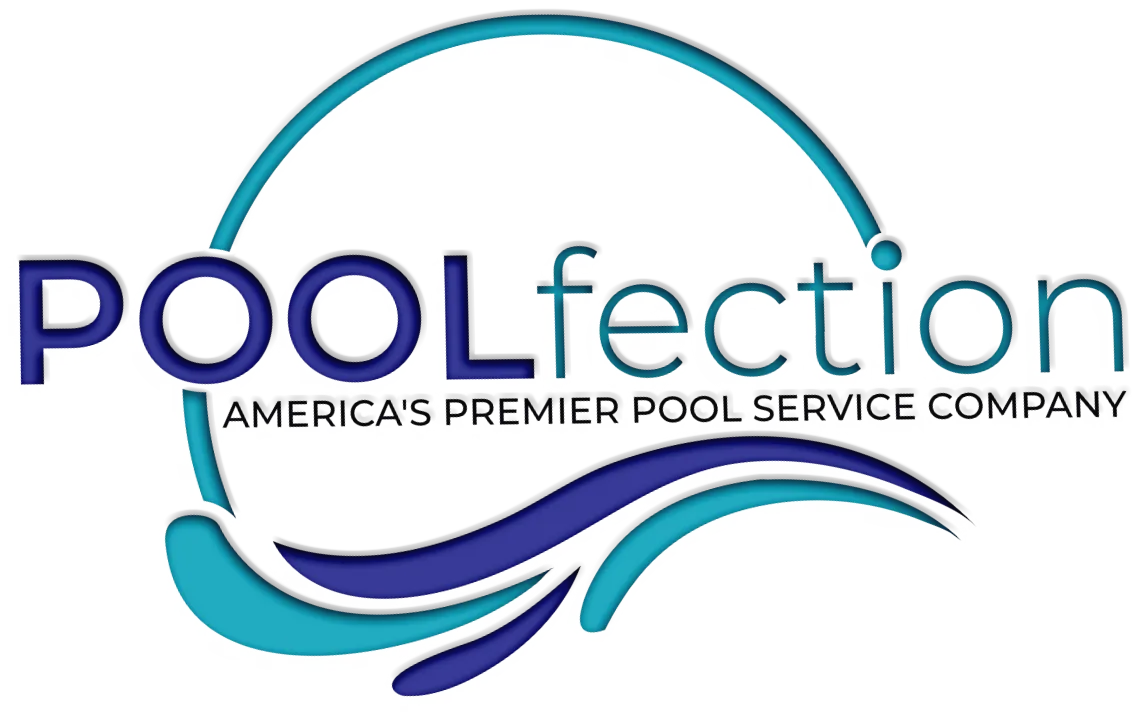
Tips For a poolfect pool
"POOLfection USA LLC, your comprehensive pool cleaning and maintenance partner. Offering Swimming Pool Cleaning Services across Florida © POOLfection USA LLC 2024. POOLfection USA LLC is fully compliant with the Florida Department of Licensing and Regulation. I Terms and Conditions - Privacy Policy
